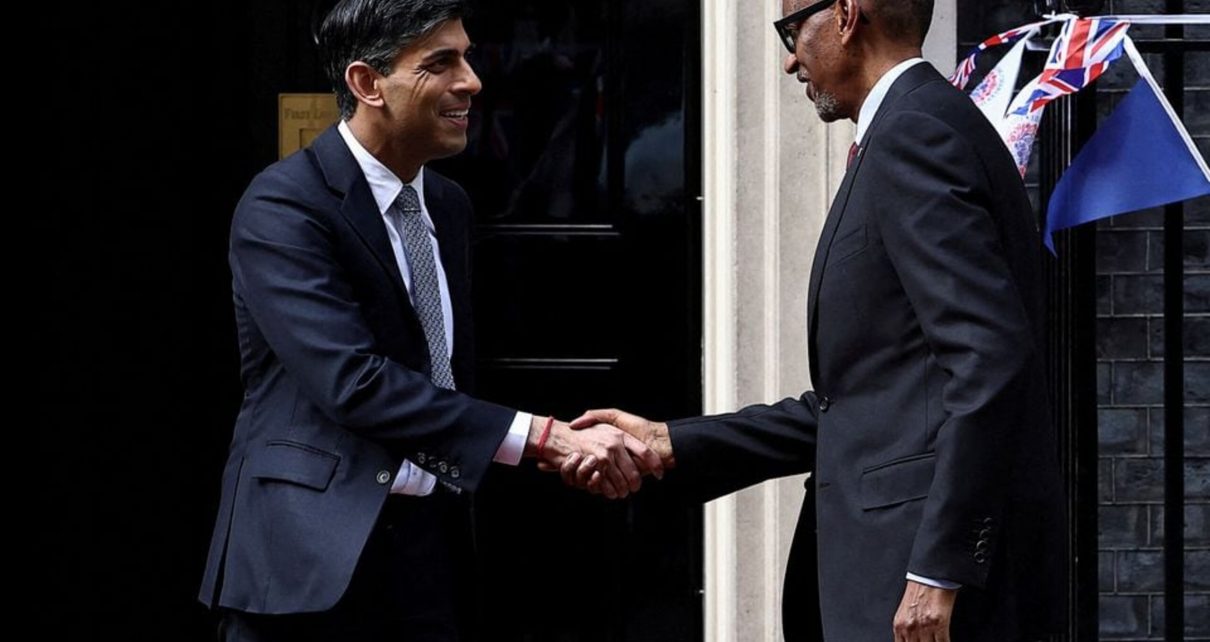British Home Secretary James Cleverly’s visit to Rwanda on Tuesday marked the signing of a new treaty aimed at relocating asylum seekers to the African nation. This initiative comes after the UK’s Supreme Court deemed the previous deportation scheme unlawful.
The Rwanda plan is a pivotal aspect of the government’s strategy to curtail migration, drawing interest from other nations contemplating similar measures. However, the Supreme Court’s ruling highlighted violations of international human rights laws within the UK’s domestic legislation.
To address the court’s concerns, Britain has endeavoured to revise its agreement with Rwanda. The revised pact includes a binding treaty ensuring Rwanda won’t expel asylum seekers sent there by Britain.
Cleverly, upon his arrival in Kigali, Rwanda’s capital, he expressed optimism about the collaboration, stating, “Rwanda cares deeply about the rights of refugees… to tackle the global challenge of illegal migration.”
This initiative involves sending thousands of asylum seekers who arrived in Britain without permission to Rwanda to deter migrants from crossing the Channel in small boats from Europe. Rwanda received an initial payment of £140 million ($180 million) and further commitments to fund accommodation and care for the deported individuals.
The UK Prime Minister faces mounting pressure to reduce net migration, especially in response to the record influx of 745,000 arrivals last year and the flow of asylum seekers using perilous Channel crossings.
Immigration Minister Robert Jenrick emphasised the legal aspect, stating, “The law says you can’t enter the country illegally.” He likened the situation to individuals breaking into another country and highlighted the seriousness of the matter.
Amid these developments, there’s a push within the Conservative Party to address tensions arising from legal challenges and international obligations. There’s also debate surrounding the potential departure from the European Convention on Human Rights.
Critics, including opposition lawmakers, some Conservatives, church leaders, and the UN refugee agency, have deemed the policy flawed, morally questionable, and ineffective.
Though initially proposed by former Prime Minister Boris Johnson, no asylum seekers have been relocated to Rwanda yet. With ongoing debates and legal complexities, the move to Rwanda remains a contentious issue, reflecting the challenges of managing migration and upholding international human rights standards.



